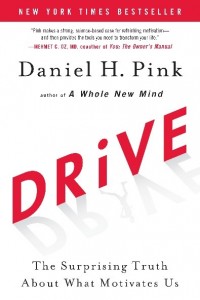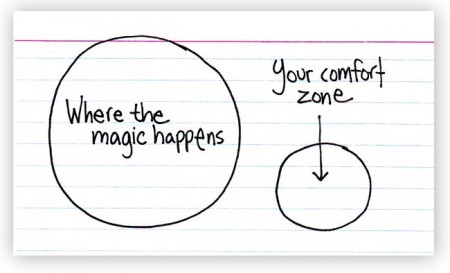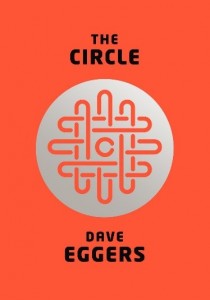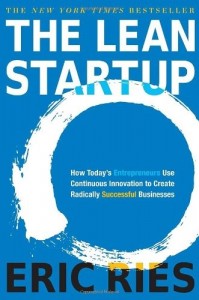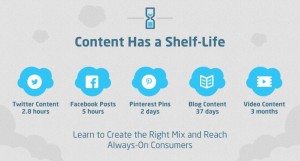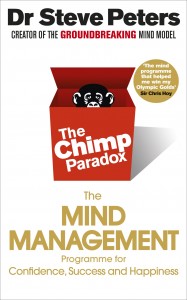“I just can’t find any motivation” is NOT an excuse for poor performance. Motivation comes from within. You either make it or change what you’re doing.
How we’re motivated has evolved. The traditional techniques of carrots and sticks from ‘Motivation 2.0’ no longer work.
We now crave Autonomy, Mastery and Purpose – laid out in ‘Motivation 3.0’. These are the views of Daniel Pink, in his book – The Drive.
(Yes, this is the motivation TED Talk guy)
Drive explains how businesses need to catch up with science in terms of how to motivate people. Motivation is intrinsic and people will work when they are self-motivated. However the book only talks about the side of the employer – what about the employee or individual, how do they motivate themselves?
The phrase “I just can’t find the motivation” is probably most common at University, yet university doesn’t lack aspects that should push you:
- Making your £9000 a year count
- Knowing that a high grade will help you get a good graduate position
- Knowing (from past experience) that you will only be annoyed if you leave an essay until the last minute
Yet, so many students will head to the bar before heading to the library, and you know what, with the above as motivators I’m not surprised people lack motivation. The above are either external influences or aren’t the final outcome. Not sure what I mean? Let me explain.
“I want to do well in my exams because I will get a good grade and therefore a good job.” True, good grades can help get a good job. But if you use this as your motivator, you won’t feel motivated. This is a line that you’ve been told, you haven’t decided it for yourself.
“I’m not going to leave this essay until the last minute like last time.” And then you do! Of course you do, you still get the work done and submit it. Why do you leave it until the last minute, causing frustration? Most likely because you believe you can complete the work to 60-70-80% of your ability and still do fine. If the final outcome (the grade) isn’t that important to you, then the build-up won’t be so important.
So how do you ‘find’ motivation?
You don’t. You make it.
Motivation is an intrinsic force that you must create. Understanding why you are doing something will help. This why must be decided by you, not told by someone else! For example, if you tell yourself to finish an essay by Friday so you can go away for the weekend, you’re probably going to finish it by Friday.
Ask yourself these questions:
1 – What is the final outcome from this work?
2 – How much do I care about this work?
3 – If I slack off, will there be consequences?
4 – What can I gain from doing the work?
The answers to these need to be decided by you and can be seemingly unrelated. For example, you could answer question 4 by saying “yes, I can gain a strong work habit that will help me in the future”, or answer question 3 by saying “I won’t have time to go to the bar”. By understanding the total impact of what you’re doing and your personal motives, you are more likely to get the motivation you need.
If after answering these questions you don’t feel motivated, then chances are you don’t care about what you’re doing. That’s fine, stop doing it.


